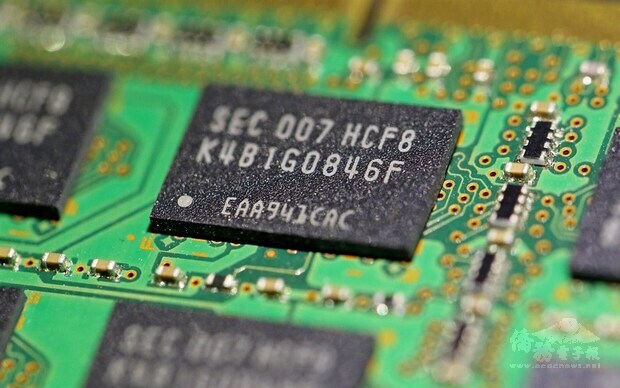
Biden signed an executive order the previous day directing a 100-day review of the supply chains for four types of products -- active pharmaceutical ingredients, critical minerals, semiconductors and large-capacity batteries such as those used in electric vehicles.
The review will "help address the vulnerabilities in our supply chains" so that "the American people are prepared to withstand any crisis and rely on ourselves," Biden said at the signing ceremony.
Biden highlighted in particular a recent shortage of semiconductors in the U.S. that has caused delays in automobile production there.
He said the government has been working with industry leaders to resolve the shortfall and has reached out to U.S. allies for help.
Going forward, building stronger supply chains in the U.S. will mean increasing domestic production, as well as "working more closely with our trusted friends and partners, nations that share our values," he said.
Although Biden did not specifically mention Taiwan on this occasion, the U.S. appealed to Taiwan to help with the semiconductor chip shortages in January.
Media outlets such as Japan-based Nikkei Asia have also reported that Washington is expected to pursue partnerships with Taiwan, Japan and South Korea in chip production.
If a U.S.-Taiwan alliance in the semiconductor field does emerge, it will be good news for Taiwanese companies, Liu Pei-chen, a researcher at the Taiwan Institute of Economic Research (TIER), told CNA Thursday.
The U.S.' strengths in integrated circuit design, artificial intelligence and self-driving cars will help advance Taiwan's semiconductor industry, and more Taiwanese companies -- not just Taiwan Semiconductor Manufacturing Co. -- will be able to secure more opportunities to collaborate internationally, said Liu.
Asked whether Taiwan's recent water shortage could affect the production abilities of domestic chipmakers, Liu said that so far, the industry has not suffered any impact in that regard.
The water shortage should be alleviated by the plum rain season from April to June, she said, although she acknowledged that there is a possibility that the shortage will worsen, which will in turn push up the price of chips.